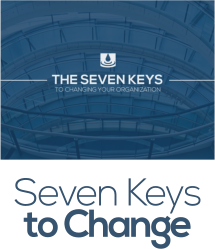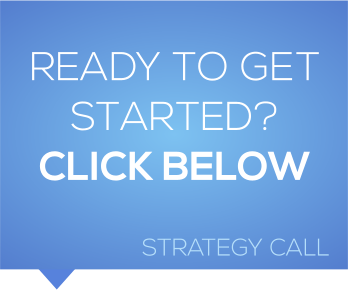


Daniel managed a year-long process for a committee of planners that culminated in bringing together 4,000 people in the National Performing Arts Convention in Denver in 2008. This was a 4-day event designed to create an action agenda for advancing the state of performing arts across 11 different disciplines and 13 different organizations. At the convention, Daniel led a sequence of sessions that resulted in voting on a common action agenda across the performing arts.
It was not only large, it was the first time ever – and it was in a field of the arts that is famously fractious, cautious, with no belief that it was a community or could do things together.
Daniel guided the thinking on what we could aspire to accomplish and how we could succeed when there’s never been any agreement in this field before. He was immediately able to set appropriate expectations, scaling the aspirations to a goal that could be successfully and enthusiastically achieved.
We came away from this one event with a different identity of who we are and what we can accomplish.
The group would probably have been content with a “quick and dirty” approach, but he challenged us to engage in quality thinking about preparatory process. I watched him join and in a number of cases lead crucial stages of these processes, and demonstrate the incredible skill of facilitation with focus.
Daniel is gifted at problem finding, problem identification, and he’s especially good at question formulation – he has the capacity to identify the best questions. And that capacity streamlined the usual messiness of conversations in the arts in a way that made it possible to achieve our ambitious goals. He knows how to cut to the quick with his questions, and identify what it was that you weren’t sure you were asking, but when you hear him say it, it’s exactly right. Again and again I watched him do that. That’s just incredible – there’s no amount of money you can pay to get that gift.
He has amazing people skills – an extraordinary capacity to move people together in a sense of their being a part of a community, feeling heard, and being okay with the fairness and the wholeheartedness of the process he’s introducing. He handled the histrionics of arts people, the inarticulateness and hypersensitivity of many arts people, and the complexity of the issues involved, with grace and effectiveness.
At the culminating event, you see this room packed with thousands of people in the arts who have never been in a room together before, and certainly never voted on what they would commit to do together. For the first three days of the conference, they’d been part of a process – that Daniel designed and facilitated – during which they’d actually distilled conclusions and successfully created a votable agenda that could be accomplished in one sitting. He had led those days with a kind of elegant drive, empathetic listening, and ruthless determination that produced results enabling us to make hard choices about what we were going to do and not going to do.
He guided us all the way to standing up in front of several thousands of people and under incredible pressure – including serious technical glitches – guiding the participants with charm and drive and clarity of assignment to a successful conclusion about something they’d never dreamed they’d find themselves doing.
I was in grateful awe that there are people who are this stupendously good at the very thing that I do – it wasn’t even possible to be jealous, it was just sheer admiration for the complexity of the skills involved, and the complexity of the challenges that he was juggling with such deftness and focus that managed such a positive outcome.
The nitty-gritty results we got were actionable beyond the closing events of the day. He gave us the momentum to grab low-hanging fruit and then continue down the path we pioneered at that event. Every one of the 13 lead organizations credits change within their own art form to something that happened there in Denver. And this month – two years later – he’s been invited to be in a conversation about the ongoing impact.
I would advise those who have a chance to work with Daniel to put all your cards on the table. Be fully truthful about the problems you face, including financial constraints, history, bad blood, internal politics, external politics – put all that out, and know that what comes back from him is something you can trust. Believe what he tells you about what he thinks is possible.
And count on having lots of fun. As serious as the issues may be, and as recalcitrant as the process of building communities can be, Daniel builds an environment of fun around him. He’s smart, he’s witty, he’s easy, and people looked forward to every chance when he was going to be with us in meetings, because there was a kind of dynamic liveliness about all of our encounters with him. And that helped enormously, and it translated into the whole feel of the process.
– Eric Booth, International Arts learning consultant, author, speaker, and conference designer



